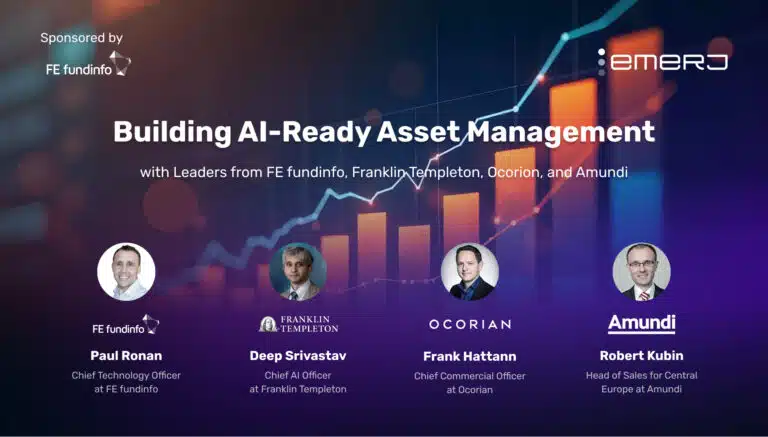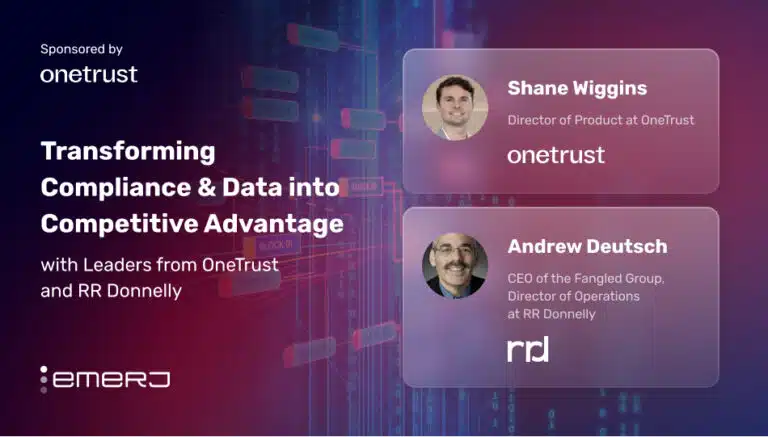While California may have Silicon Valley, it’s New England that’s making waves in the angel investment community, and Chris Mirabile is one of the people leading the way. Mirabile is the co-managing director of Launchpad Venture Group, the largest angel group in New England.
With over 60 rounds of investment in startup companies, Mirabile knows the qualities that set successful entrepreneurs apart from companies that might have good ideas, but flare out and die.
One of the earliest challenges that startups and entrepreneurs face is attracting the investment capital that can make or break a company in its crucial early stages. According to Mirabile, “the biggest challenge is, you don’t know what you don’t know. You’re really close to your plan, and you’re excited about your marketing, and one of the things that’s really helpful is to get lots of advice early on in the process.”
While a lot of entrepreneurs can be reluctant to seek out advice early on, undoubtedly afraid that someone might steal their idea, Mirabile says, “It’s really about the execution of the idea. Ideas are cheap.” The simple fact is that if someone else can easily steal your idea and execute it better than you, then you didn’t actually have all that much of an idea to begin with.
According to Mirabile, there are several reasons that asking for help is crucial. First, soliciting advice can help you “understand what you didn’t realize you didn’t know.” No matter how competent you are or how solid your business plan is, an outside adviser has a level of objectivity that simply can’t be achieved from within.
The second main reason to solicit advice is that is helps “calibrate” your company before going to market. Says Mirabile, “advisers help you get calibrated and can tell you what is on market and off market, pointing out flaws in your plan.”
Because you are so close to your idea, broadening your perspective is crucial says Mirabile. “You may think you are explaining it very well, and [investors] sit there going, ‘I have no idea what he just said.’”
This process helps hone both your product and your presentation, making you more effective in pitching yourself to potential investors.
Another crucial step for entrepreneurs is to plug themselves in to their local investing and startup community. It’s easy to fall for the falsehood that, thanks to the Internet, an entrepreneur can completely “make their way” online.
This misconception is perpetuated by misunderstanding the success of online businesses and crowd-sourcing options, such as Kickstarter. However, even if your business will be online, personal relationships are vital, and make or break a startup.
Personally connecting with potential investors can often give you the edge that sets you apart from competitors. Investing has always been about calculated risk, and when soliciting investment, the Internet is no substitute for human contact.
Says Mirabile, “When someone who you know well, who has a representational stake in your community tells you, ‘I see a lot of stuff, and this kid’s hot,’ that’s something you’re going to pay attention to.”
There are a million variations on developing relationships within your local startup community, but, says Mirabile, “Basically, if a person comes to you, and they’re a total stranger with nobody vouching for them, that’s going to rank lower [with investors] than when someone who you really know vouches for them.”
Mirabile also strongly recommends that startup founders find a co-founder. While on the surface this may seem like an odd recommendation, Mirabile’s logic is difficult to argue with. Says Mirabile, “One of the things I say to my students is, what is the first real market test of a startup? The answer is: Can they find a co-founder?”
Launchpad Venture Group rarely even considers startups that don’t have a co-founder, and “we almost never spend any time with them, let alone invest. It’s just too hard of a job and too important to have help and additional perspectives,” both of which a co-founder brings to a startup.
A single founder startup just can’t do the job. Says Mirabile, “You get too close to it, you get too in love with your bad ideas.” No matter how competent you are, no single person can fulfill every area of expertise a startup needs. The fact is, “idea” people tend to not be “technical” people, and both of those types of people tend to not be “administrative” people. A startup needs each, and every one of these personality types, and a major indicator of potential success is the startup’s founder realizing this and surrounding themselves with individuals who will help propel that startup forward and allow them to scale.
At the most essential, basic level, Mirabele illustrates that the idea of a “lone wolf” entrepreneur is much more fantasy then fact. No successful startup is a one-man show, and a founder that presents their startup as one raises major red flags with potential investors.




















